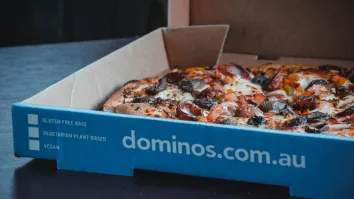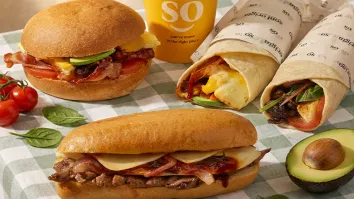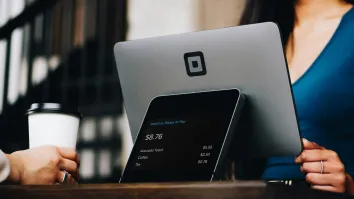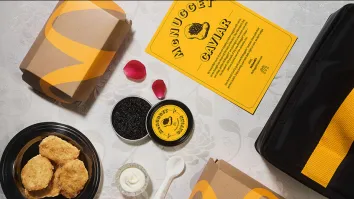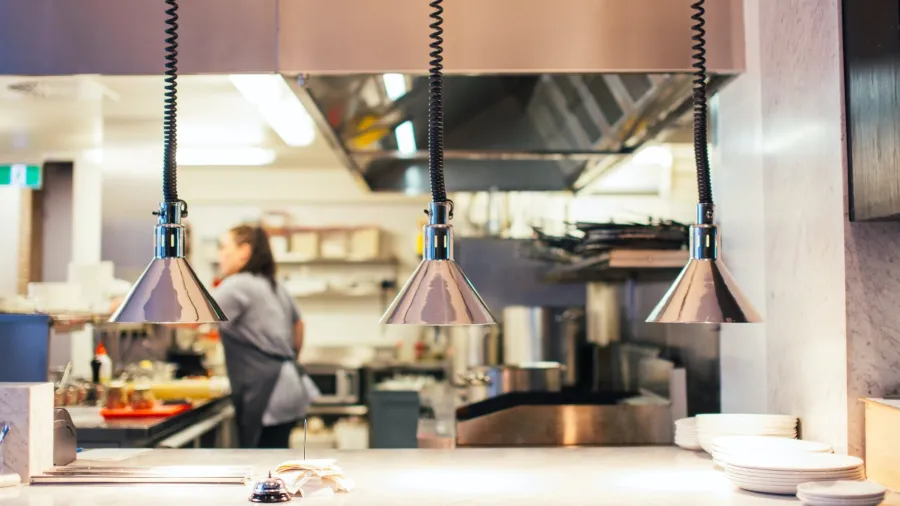
How to achieve operational efficiency after months in lockdown
Controlling food costs, lessening waste, and forecasting demand accurately are crucial.
With more than 80% of the population aged 16 and up now double vaccinated, Australia takes bigger strides to revive the economy by opening the doors of more establishments, such as cafés, restaurants, gyms, and pubs, to fully vaccinated customers.
This is a welcome development especially to the foodservice industry that took a big hit from the pandemic, losing billions of dollars in sales. While most were able to pivot their operations by expanding takeaway and drive-thru services, the return of in-store dining will speed up the return to the ‘normal’ dining experience that will help the industry make up for the losses during the lockdowns.
However, while the country is slowly working on getting back a sense of normalcy, it is no secret that we will not be going back to the pre-pandemic world but adjusting to a post-pandemic normal. Meanwhile, forecasts show that the foodservice industry in Asia Pacific will grow by 31.2% from 2021 to 2026, with the market share of QSRs increasing by 31.9% due to urbanisation and the hectic lifestyle of the population in metropolitan areas.
“Alongside recovery, there are a lot of possibilities awaiting in the post-pandemic scene. With this in mind, restaurants must reopen with new practices that ensure operational efficiency so they can recover their losses and take advantage of the promising opportunities,” says Paul Tregoning, general manager of Fourth.
Taking best practices and learnings during the pandemic into consideration, here are some key considerations restaurants owners and managers must ensure to achieve operational efficiency that is key to a successful reopening of doors after months under lockdown:
Control food costs
At a time of recovery from months of lost sales, operating expenses must be kept to a minimum, without sacrificing the quality of the food you serve. But it’s critical to control the costs of the food in your menu as it affects your bottom line.
One way to do this is by practising accurate stocktaking methods. As the pandemic dramatically affected demand, it is important to do regular stocktaking to keep an accurate track of the stock you have — what has been used, what has not. A thorough report allows you to see discrepancies between what is on the paper and what is on the shelf — and what you think should have and what you actually have.
“Every hospitality business must run inventory to know what it has bought, returned and sold, because the cost of over-ordering inventory adds up quickly: both in waste generated, and through the invoice payment process. For example, there is often a difference between what goods are actually received and what the supplier invoices. Hundreds, even thousands, of dollars aren’t claimed back when goods are returned because of short shelf-life or damage on delivery. Individual sites just pay up without realising or only catch the error after the invoice has been paid in full. This cost can represent up to 1% of sales,” explains Tregoning.
As with other back-of-house processes, there are also solutions that can help speed up the process of stocktaking. Strong stocktaking lets you become more efficient at ordering and forecasting stock levels. It also allows you to uncover and eliminate theft within the business.
Track, lessen waste
According to a study by the Department of Sustainability, Environment, Water, Population and Communities, food retail and foodservice business generate over 1.25 million tonnes of waste per year. This massive amount of waste costs the industry multi-billions only because operators overlook or can’t accurately track waste.
“Waste is basically the difference between what you think you’re going to use and what you actually use. It is imperative for operators to take action — preventing waste helps the planet, attracts environmentally conscious consumers, and directly impacts your bottom line. The right technology can help restaurants run more efficiently, predict stock needs and manage inventory more accurately,” shares Tregoning.
Companies without effective waste management systems usually lose around 1% to 6% of sales potential because of their costs increase. While it would be a challenge to have a zero-waste operation, there is avoidable waste which includes over-ordering, spoiling food during cooking, human error, bad inventory rotation, and over-portioning.
Waste eats away margins, but this problem can be addressed. What is important is to have a good grasp of exactly what food is being wasted, and why. For example, if you regularly have customers not finishing their meals, then there’s an opportunity to refine this recipe and to slightly reduce the portion size. Similarly, if you keep throwing away a particular product because it goes past its use-by date, it could be a sign it’s being consistently over-ordered, or under-utilised in your menu.
With an effective end-to-end system, businesses see at least a 2% increase in gross profits. Waste-tracking technology uses just one set of accurate data for precise comparisons, and which enables better decision-making to avoid over-ordering. It can also show the costs of over-portioning in recipes and track supplier deliveries to catch waste in the delivery process.
Forecast demand for inventory, labour
While things are starting to go back to somewhat normal, businesses can’t assume that demand will go back to how it was pre-pandemic, or it has stayed the same since lockdown. A data-backed demand forecast could spell the difference between profit and losses for a restaurant.
Accurate forecasts allow operators to generate data-backed predictive orders that are crucial in inventory management, especially for restaurants that follow the just-in-time inventory method that is the ‘new normal in the industry right now.
On the other hand, demand forecasting is also crucial in labour management, especially in ensuring that you have the right people at the right time.
Since labour is one of the cost centres in operations, demand forecasting helps avoid the cost of overstaffing or the losses the business could incur for understaffing.
“Accurate forecasting that takes into account events, promotions, and other factors that affect sales, is crucial to avoid losses, especially for restaurants existing on exceedingly thin margins. Being able to forecast demand provides insights for the managers so they can better manage the inventory as well as the labour force,” says Tregoning.
Fortunately, there are solutions that can automate these processes for businesses. Investing in those technologies will be helpful especially to restaurants that would like focus on front-of-the-house operations and ensure that client experience are nothing short of satisfactory now that the customers are coming back to dine in-store.
As one of the leading provider of end-to-end technology solutions for hospitality, leisure, and retail industries, Fourth offers solutions on inventory management and demand forecasting that will help you cover all three areas mentioned above. Since the post-pandemic ‘new normal’ offers opportunities to improve processes, it would not hurt to have a reliable partner who will help ensure operational efficiency as you reopen your doors and welcome back customers to your store. To learn more about Fourth visit https://www.fourth.com/en-au/


